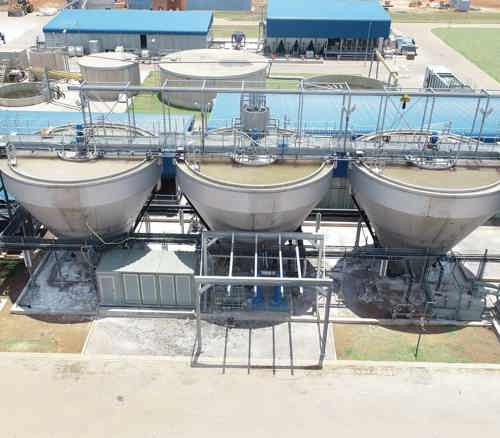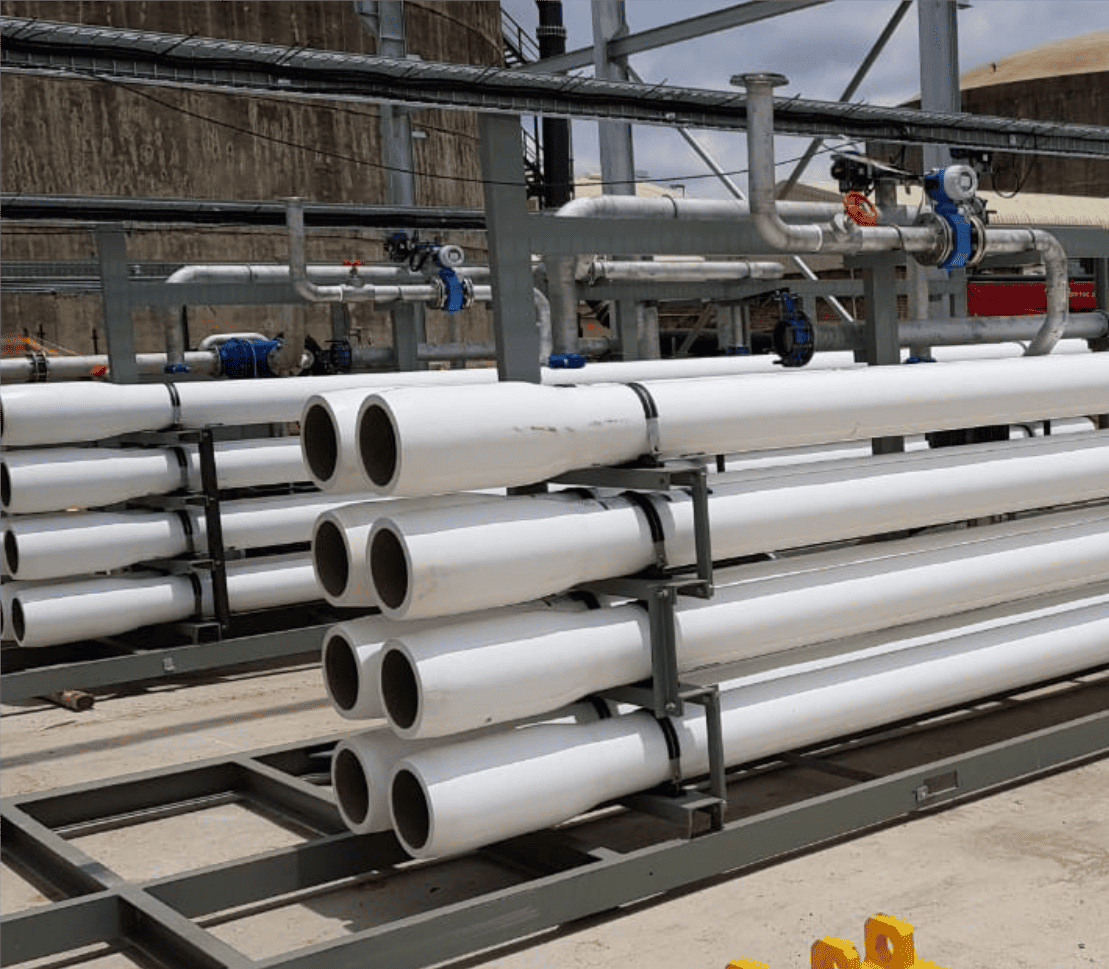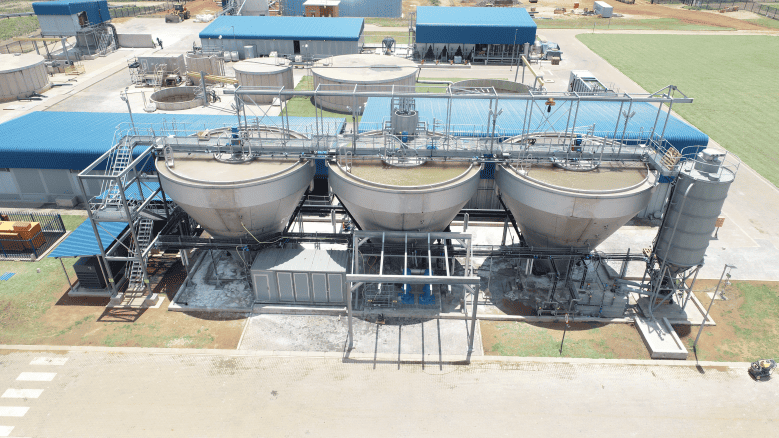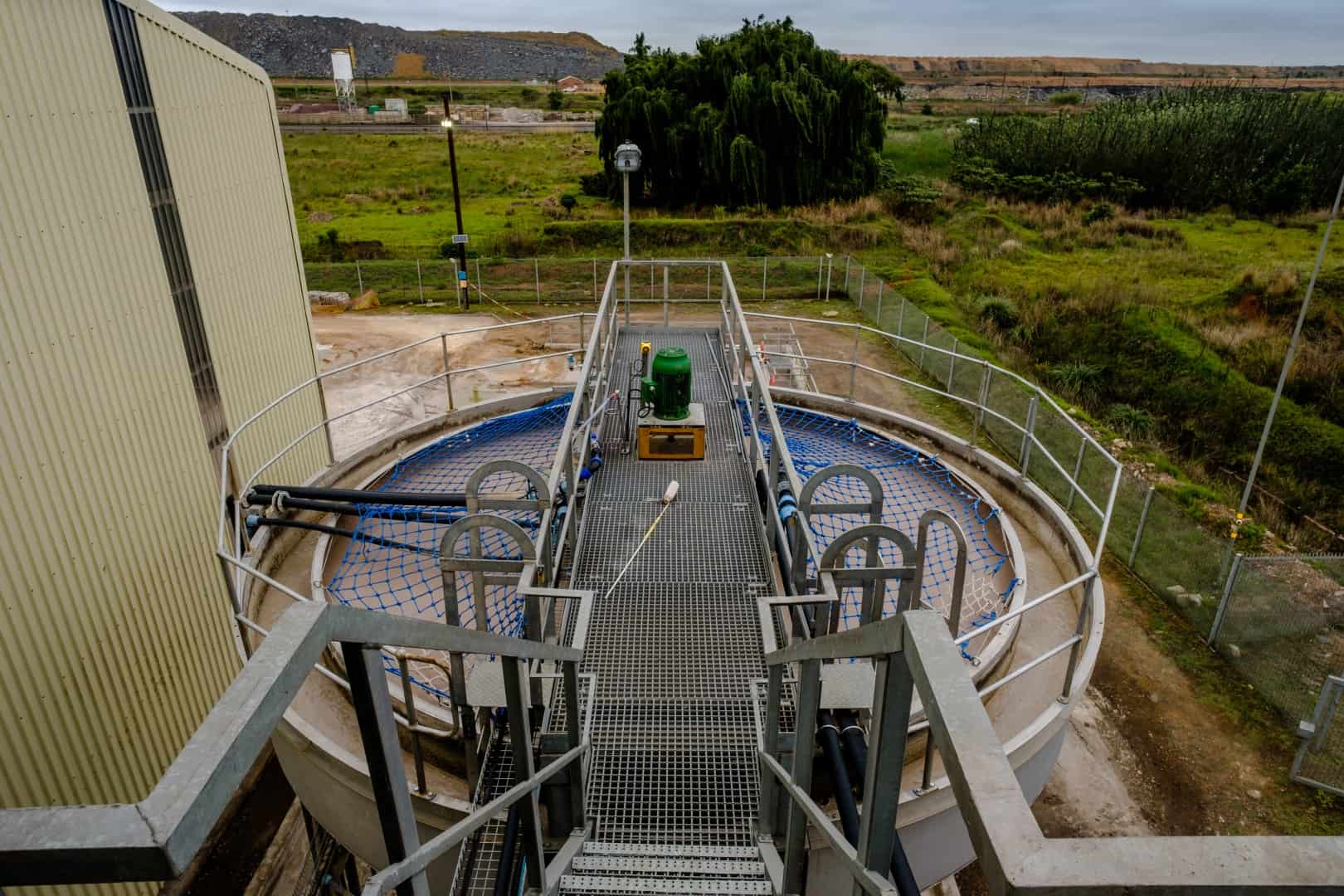The mining industry is heavily reliant on water for the extraction of valuable raw materials but more than ever before, the global community is looking to the industry to play their part in water stewardship. A shortage of fresh, clean water is said to be the greatest threat of the next decade, presenting risks to societies and economies across the world. With the global population increasing to 8.5 billion people by 2030, the World Economic forum anticipates a water shortfall of 40%.
With mines being heavily reliant on this important resource in their operations, the industry has a substantial impact on local watersheds. How does an industry that consumes water every day contribute to conserving this precious resource? Simply put, the industry needs prioritise sustainability. Effectively managing water shortages presents opportunities to play a leadership role in water catchments and also mitigate the risk of operational disruptions.
DRA has been working with clients such as Anglo American, South 32, Exxaro, Managem, Newmont, Kropz Elandsfontein, Barrick, and Glencore, as well as public works, to deliver world-class water treatment solutions that combine process technology, design engineering and project management capabilities to create a better future for all.
The transition to a water less or waterless mine of the future requires a shift in roles within the industry. Smarter, more courageous strategies that embrace technology, automation and digitization will drive innovation and lower cost and productivity pressures, ultimately creating real, sustainable value for communities around the world. Our team of highly skilled engineers, scientists and project managers work with each client to provide an ideal, customised solution to meet unique project needs. We have an opportunity to drive water solutions forward and we can help you to change your operations today that build opportunities for tomorrow.
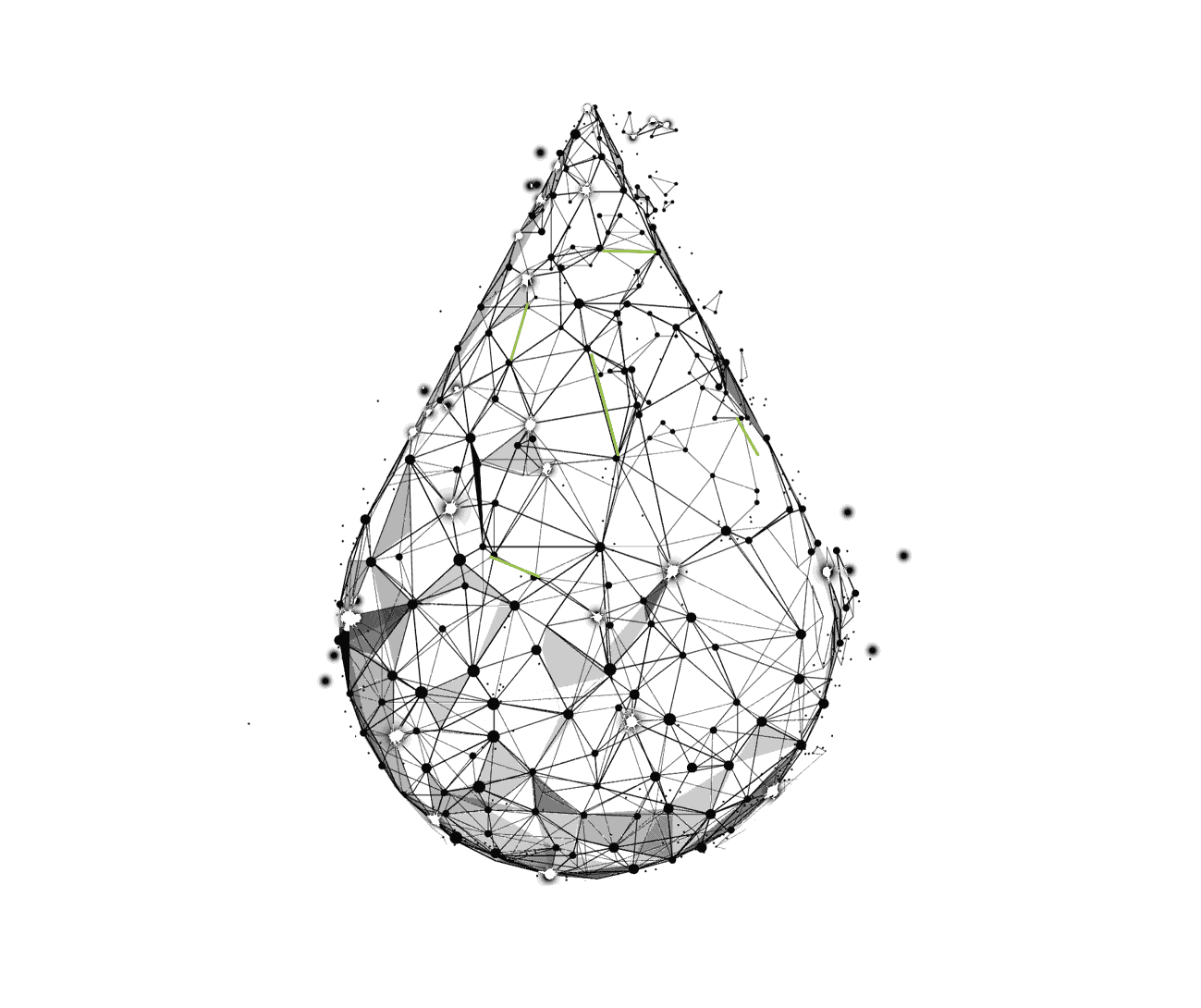
WATER FOOTPRINT REDUCTION
Increasing water scarcity, growing population, climate change and extreme weather conditions, together with stricter water regulations, decline in ore grade and increasing controversy on water use between mining operations and local communities, effective governance of shared water resources and protecting water quality is an economic imperative and social responsibility for mining companies.
DRA Water’s reduces client water requirements through innovative water management strategies. These strategies reduce the volume of water required by operational processes, the dependence on freshwater resources and the negative effects of water shortages.
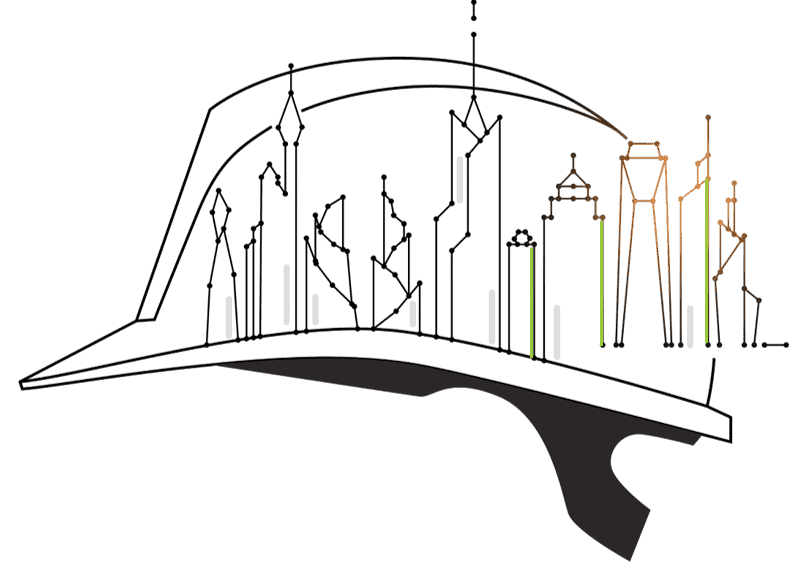
ESG SCENARIO MODELLING
The physical impacts of climate change are becoming more significant and have the potential to be extremely costly. With their locations fixed, assets themselves may be at risk of suffering significant damage costs from climate change impacts. More so, operations are often energy-intensive to build and run.
DRA Water’s scenario modelling enables investors and asset owners to evaluate both transition and physical climate-related impacts in their portfolios.
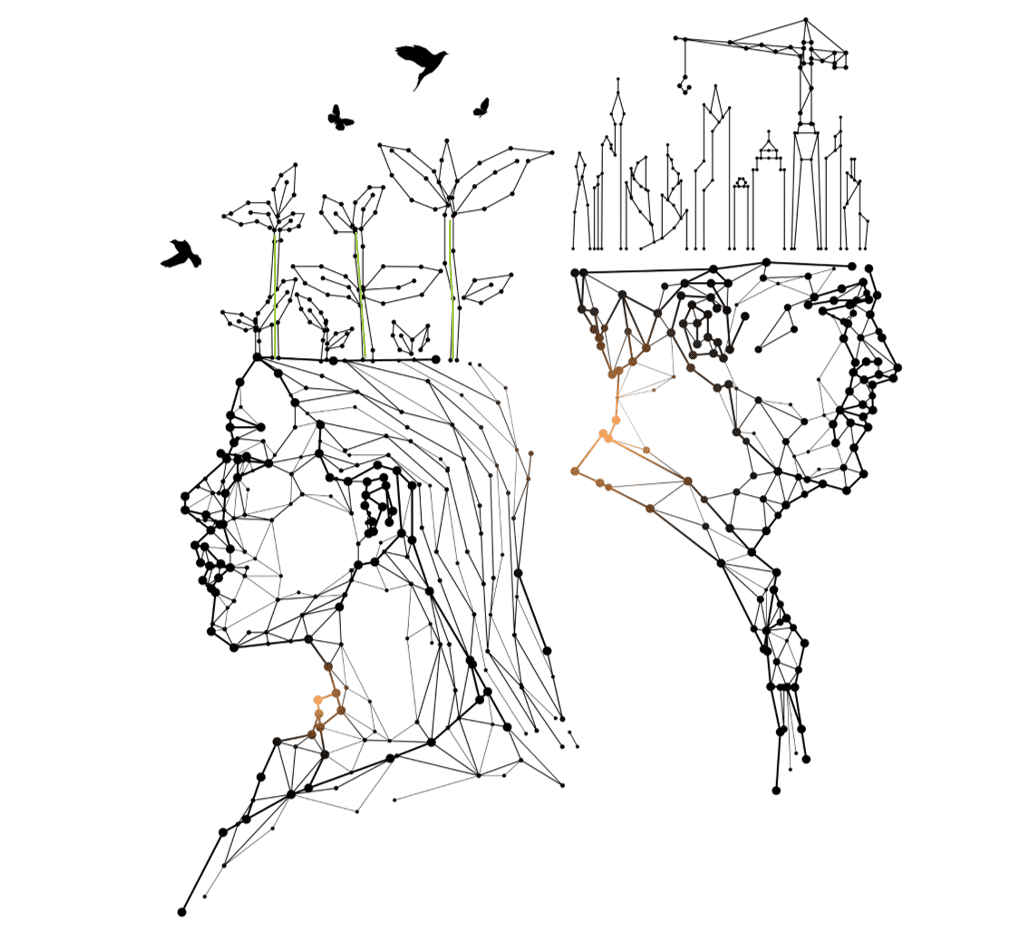
LEGACY ENVIRONMENTAL LIABILITY
Smart environmental and social choices translate to improved business performance and an enhanced market position for the long term. Our clients have seen these positive impacts, too. Our team of specialists invest in understanding your business drivers and unique culture.
This combination of expertise and client investment consistently yields the best possible results and highest levels of client satisfaction. We have helped clients address environmental, health, safety, and sustainability challenges with fit-for-purpose solutions.
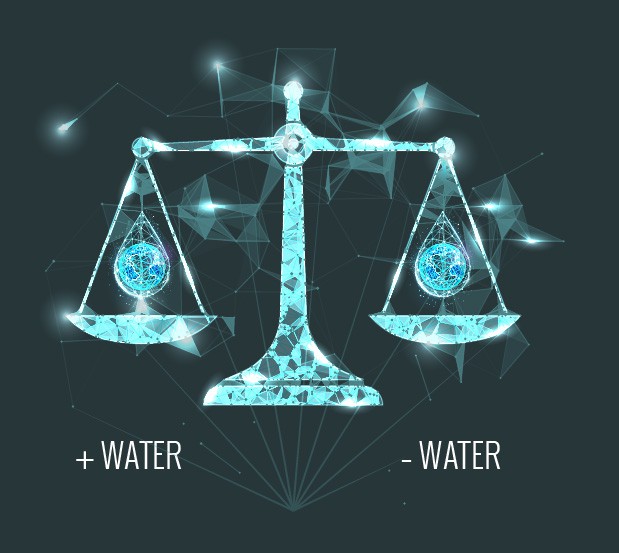
The World Economic Forum1 is predicting a shortage of clean, fresh water as the greatest global, societal, and economic risk over the next decade. Mining as an industry is renowned for its heavy reliance on water, but on the other side of that gold coin – the industry is also a vital entity of the global supply chain. Ultimately, we’re all reliant on the industry, in one form or another.
DRA Global provides total water and wastewater treatment solutions through EPC/EPCM, Operations and Maintenance, or BOOM/BOOT/Bespoke Lifecycle models. The organisation is able to tailor technical and commercial solutions to clients’ requirements, including various project finance options. Successfully designed and delivered over 310 water treatment solutions for mining, industrial, and municipal water treatment projects globally.
World class water treatment solutions combine process technology, design engineering and project management capabilities. DRA Global delivers turnkey solutions for projects of 50m³/d up to 25 000m³/d to industry clients, such as Anglo American, South 32, Exxaro, Managem, Newmont, Kropz Elandsfontein, Barrick, and Glencore, as well as public works including Department of Water Affairs and Sanitation, Department of Defense, Eskom, and Knysna, Saldanha, Kouga, Johannesburg and Umgeni.
Whether the goal is to reduce capital or operating costs, comply with environmental standards, maximize reuse, or to increase efficiency, DRA Global’s team of highly skilled engineers, scientists and project managers work with each client to provide an ideal, customised solution to meet unique project needs.
The experienced team of experts manages all aspects of mine water treatment with unique solutions for neutralization, reclamation, waste minimisation and conversion to useful end products including process reuse or potable standards.
DRA combines water strategy with life of mine water, mass, and salt balances for supply side and demand side management, resulting in reduced water consumption, maximized reuse, and sustainably manage of water resources.
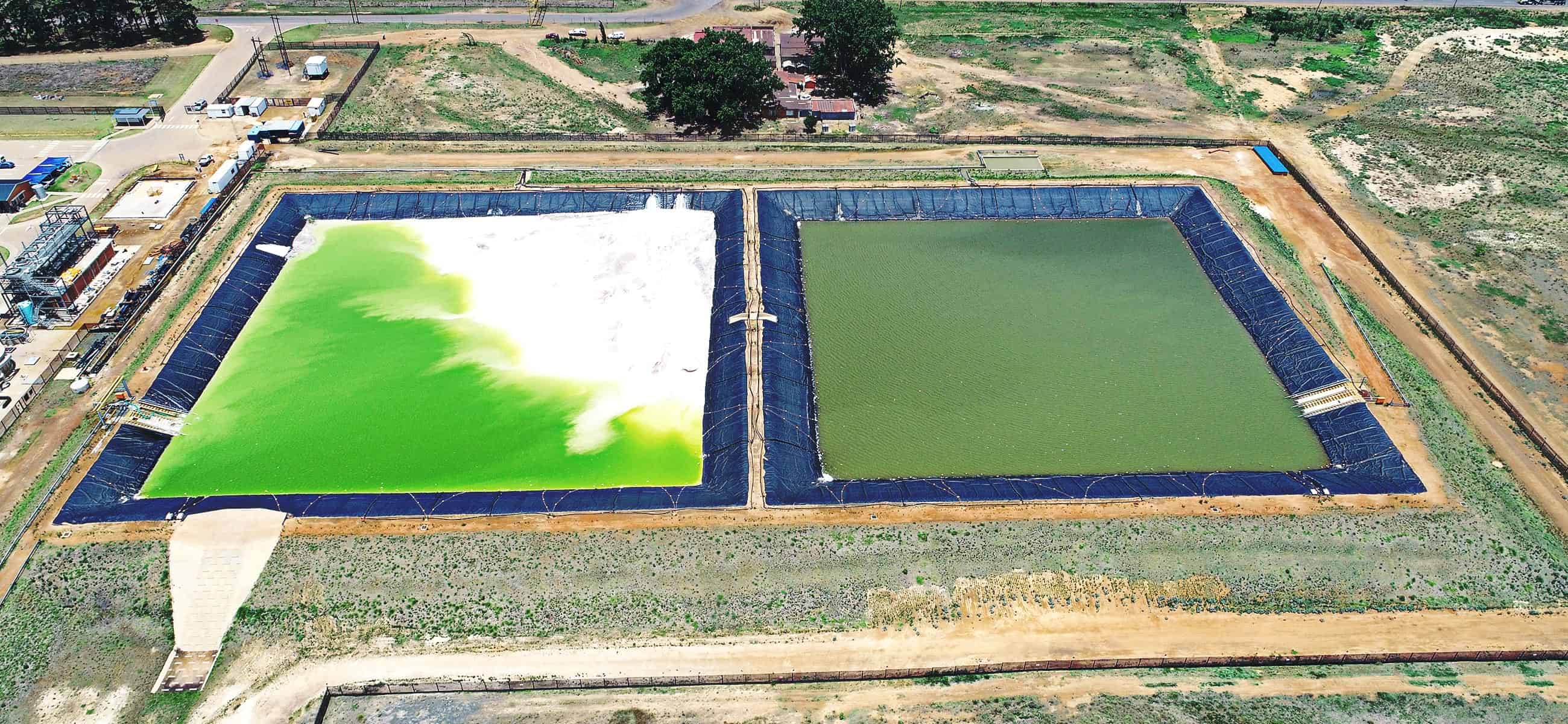
DRA Global’s services include overall water management to produce holistic solutions from source identification, to treatment and operational water balance optimisation.
Our industry-specific process engineers and water treatment specialists generate and optimise water usage across the operating life of our clients’ assets.
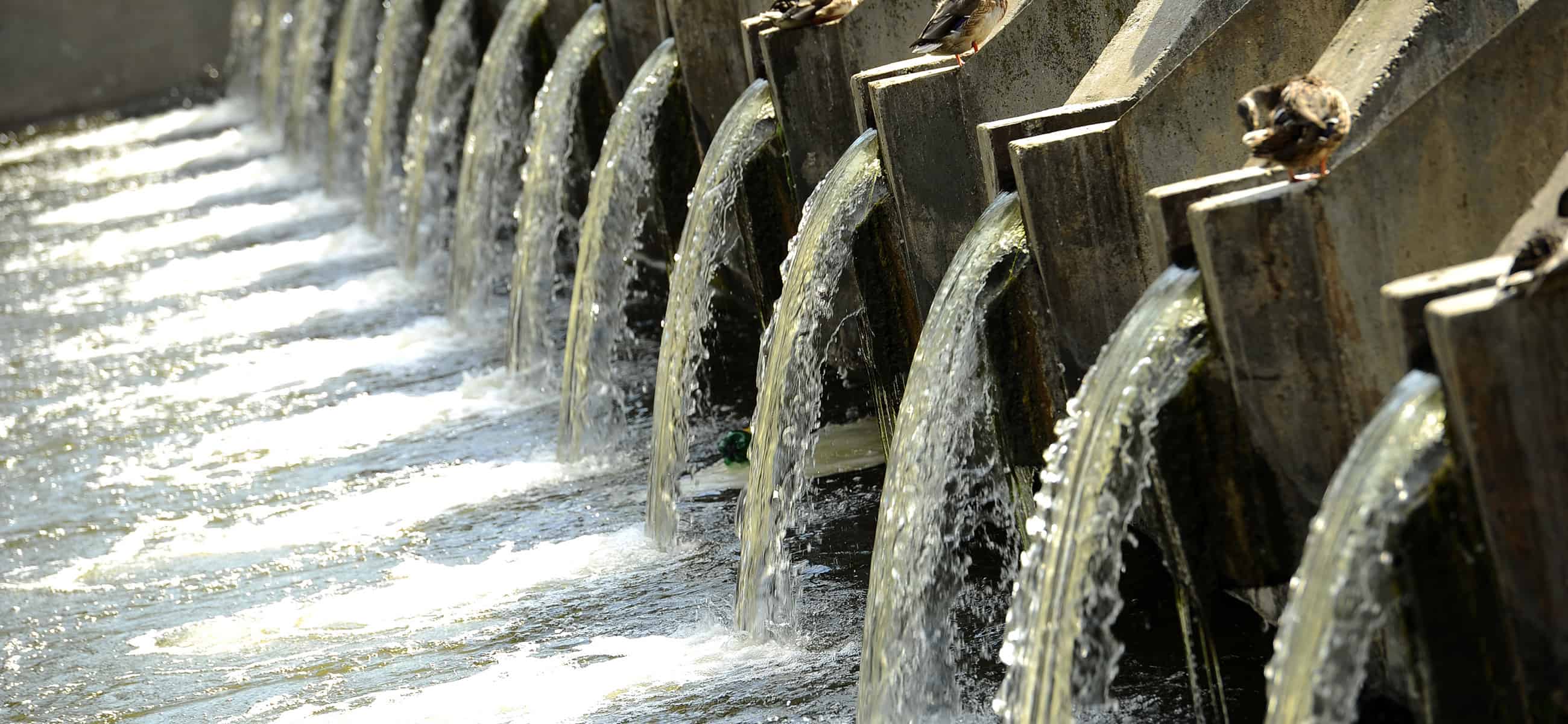
DRA has the engineering capability and implementation experience to recover valuable by-products and additional product water from saline or brine streams.
Brine reduction includes the ability to concentrate unrecovered water and reduce storage requirements with focus on net cost savings. Concentration of unrecovered water subsequently decreases legacy civil and environmental liabilities for our clients.
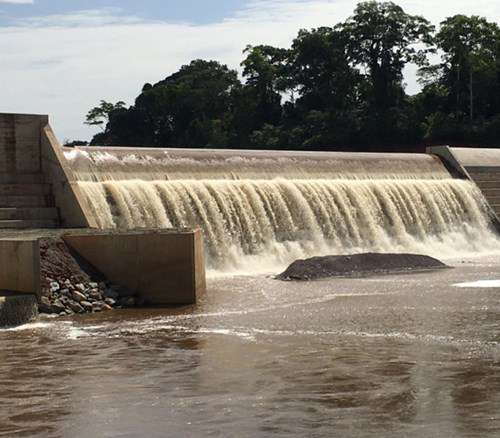
The organisation has extensive experience in membrane technology with specialisation in innovative high recovery systems that combine conventional treatment with UF, RO and NF with advanced technology to deliver world class solutions.
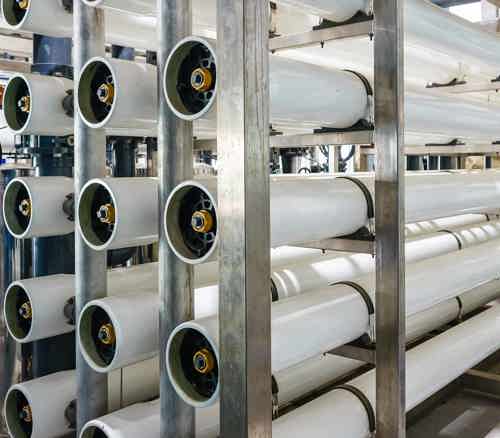
The organisation is widely recognised as an industry leader in Sequencing Batch Reactor (SBR) wastewater treatment technologies with a wide range of experience in other wastewater technologies.
Our wastewater treatment capabilities compliment our mineral process expertise to enable fit for purpose effluent treatment for process reuse purposes.
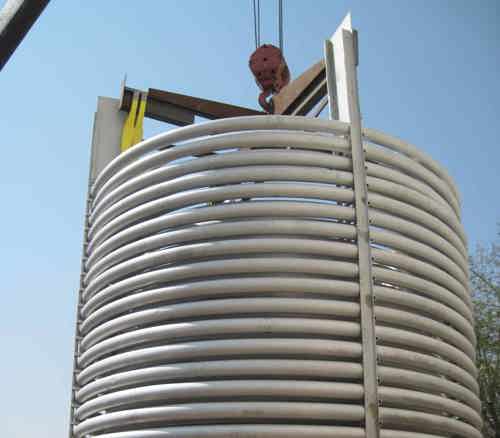
DRA is experienced in the design and construction of industrial effluent treatment plants. Using a wide range of unit operations, they have delivered uniquely optimised solutions for clients worldwide, including effluent reuse for process purposes.
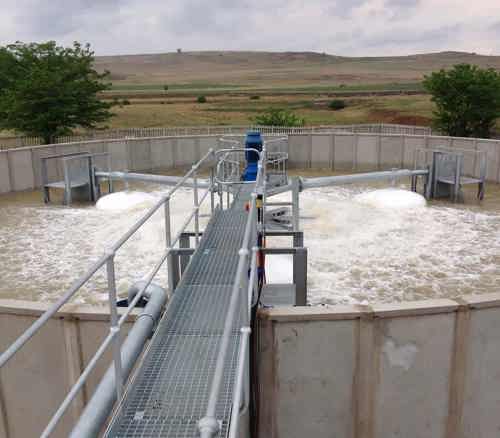
As specialists in ION Exchange technology, DRA offers total water waste stream solutions for the food and beverage and mining industries as well as EDI solutions for chemical free demineralised water production.
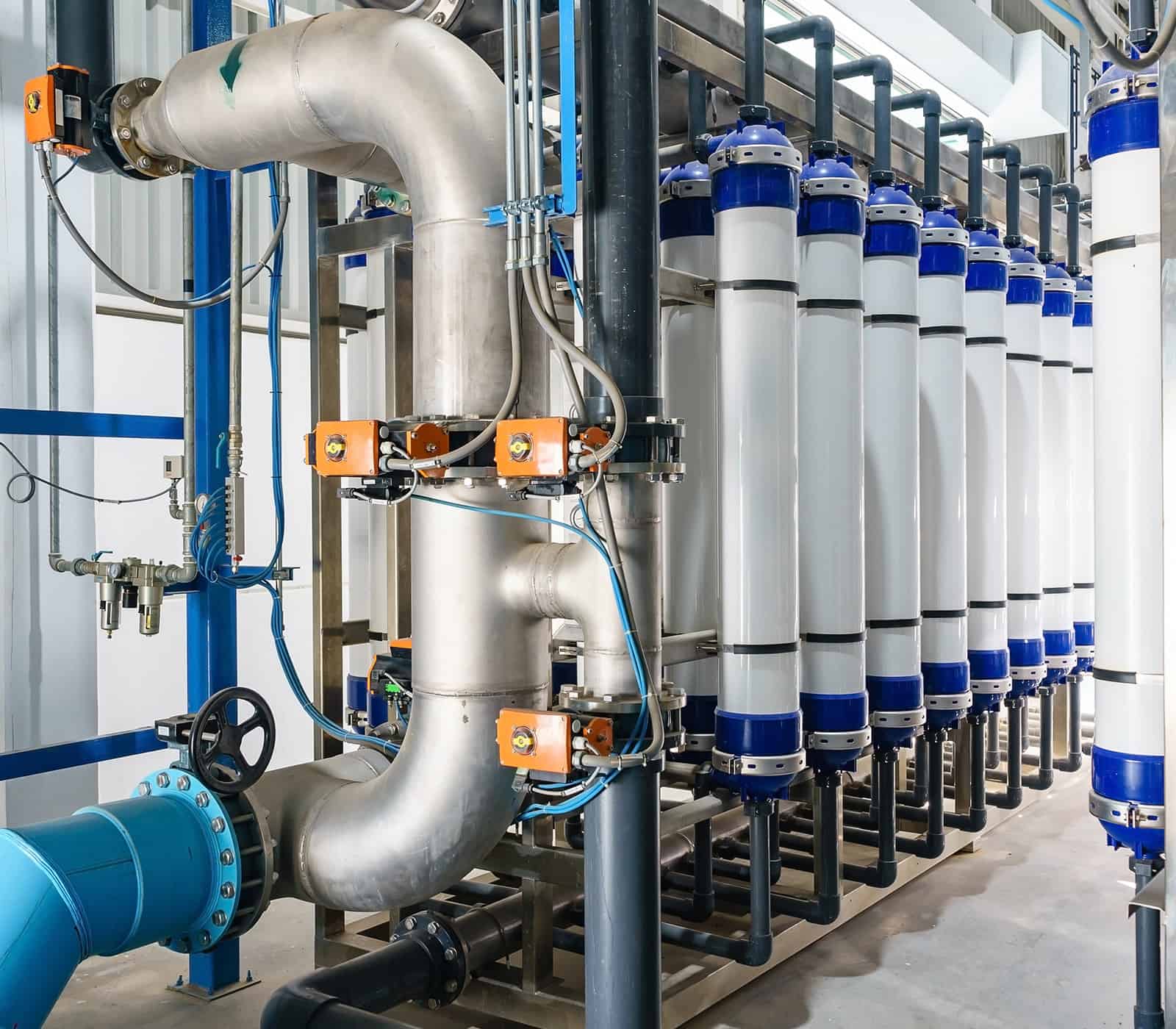
The team of professionals provides a full range of desalination project requirements under one offering, this includes water treatment in Sea Water Reverse Osmosis (SWRO) plants, as well as marine and coastal infrastructure services for abstraction and brine discharge
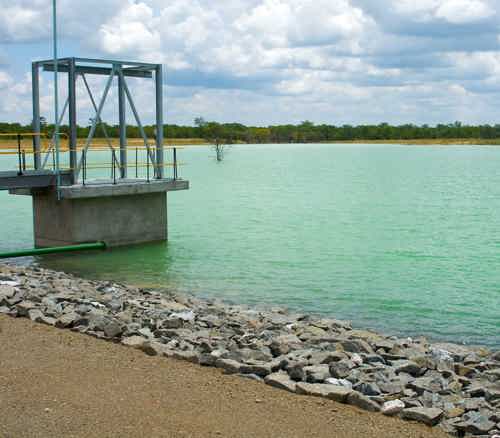
DRA incorporates water resource planning development through strategies, policies, and frameworks as well as groundwater resource quantification and hydrogeological modelling (contaminant and flow), sophisticated structural geology/plate tectonics with relation to geohazard assessment and the application of geo-informatics (remote sensing, earth observation and geodesy).
The organisation investigates, proposes, implements and monitors solutions for the augmentation of water supplies for industrial, urban, agricultural and rural development, environmental protection and pollution management strategies, climate change risk assessment and monitoring, early warning systems (earthquakes, tsunamis, landslides, coastal hazards, floods and droughts), education and training and development of information systems and management.
